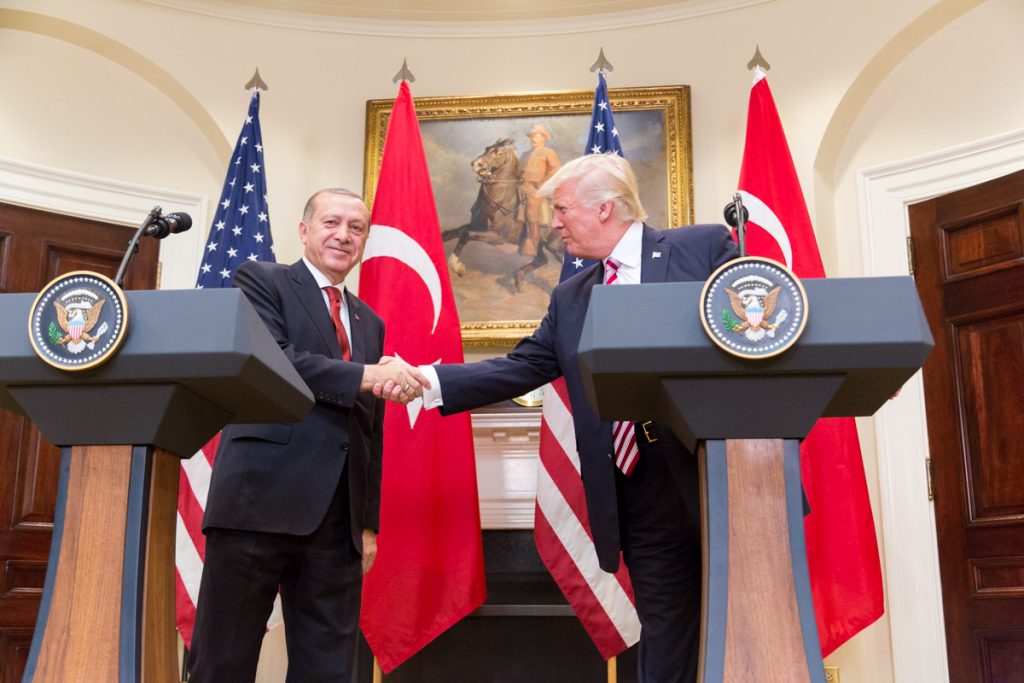Ankara Government Issues Warning against U.S Travel
The Turkish foreign ministry has advised its citizens against traveling to the U.S, or to take extra precautions while traveling within the country. The Ankara administration released a statement on Friday (12th January), warning of increased risk of terror attacks, and arbitrary arrests against Turkish citizens if they visit the U.S.
The statement reads “It has been observed that there is a recent increase in terrorist and violent attacks in the US,” citing examples such as the incidents at Dar Al-Farooq Mosque in Minnesota, Fort Lauderdale-Hollywood Airport, Ohio University’s campus, the New York City subway pipe bomb and the Texas church shootings.
The risk of arbitrary arrests by law enforcement and exposure to discrimination were also part of the warning, due to the proposed travel bans against specific muslim countries. As well the anti-islamic sentiment coming from sections of the U.S political spectrum .
The warning comes days after the U.S state department revised their own travel warning system. The new system ranks countries from level 1 (lowest risk) to level 4 (do not travel). Turkey received a level 3 travel advisory: “Reconsider travel to Turkey due to terrorism and arbitrary detentions. Some areas have increased risk.”
The move by the Ankara government of president Erdoğan, appears to be a tit for tat political move, especially in light of statements released by turkish officials in response to their own statement. Turkish Prime Minister Binali Yildirim blamed the U.S. for a degradation in relations. “The ‘Turkey is not a safe country’ statement does not benefit ties between the two countries,” Yildirim said in a statement after Friday prayers.
Relations between Ankara and Washington have plummeted recently. Turkey, a strong NATO ally of the U.S in the region, is suffering a strained and drifting relationship after several diplomatic disputes in the last few months. President Erdoğan blames U.S based elements for being responsible for the 2016 attempted coup. Turkey claims a U.S.-based Turkish cleric, Fethullah Gulen, was responsible for orchestrating the coup.

The U.S also arrested a Turkish banker., Mehmet Hakan Atilla, for violating U.S sanction laws with regards to international sanctions against Iran. Testimony in the case, which revealed Turkish state corruption, was dismissed by Ankara as part of a wider conspiracy involving Fethullah Gulen.
In another dispute Turkey and the United States both suspended the issuing visas in 2016. This came after Turkey detained two U.S consular employees in Ankara, both Turkish citizens, on suspicion of involvement in the coup. After negotiations the issuance of visa was re-commenced between the two nations.
Turkey also accuses the U.S of funding and supporting Kurdish armed groups which it considers terrorist organisations.

